But not all human food is suitable for our pets; anyone who believes that dogs are the biggest food liars in the pet industry hasn’t met a cat!
Giving your four-legged friend a taste of what you’re eating on Thanksgiving might be a good idea. But is it safe? What can cats eat at Thanksgiving?.
A few things are fine for them (in moderation!), but there are a few that aren’t The dos and don’ts of giving your cat some of your Thanksgiving dinner are listed below.
Thanksgiving is a time for family, friends, and of course, delicious food. But while we’re enjoying our turkey and stuffing, it’s important to remember that not all Thanksgiving foods are safe for our feline companions.
This guide will help you navigate the Thanksgiving table and ensure your cat enjoys a safe and delicious holiday meal.
Safe Thanksgiving Foods for Cats
Cats can enjoy a small amount of the following Thanksgiving foods:
- Turkey: Plain, cooked turkey meat without skin, bones, or seasoning is a great source of protein for cats.
- Ham: A tiny bit of unseasoned, cooked ham is okay for cats, but be mindful of the high fat and sodium content.
- Pumpkin: Plain, canned pumpkin or unseasoned, cooked pumpkin puree can be a helpful digestive aid for cats.
- Green beans: Lightly steamed green beans without spices or butter are a healthy snack for cats.
- Potatoes: Cooked and unseasoned/unbuttered potatoes (including sweet potatoes) are safe for cats in small amounts.
- Cranberries: A tiny bit of raw, canned, or cooked cranberries (without sugar, grapes, or raisins) is okay for cats.
- Whipped cream: Some cats can tolerate a small amount of whipped cream, but keep them away from alternative whipped toppings that contain a lot of oil and sugar.
Remember:
- These foods should only be offered as occasional treats, not as a regular part of your cat’s diet.
- Always consult your veterinarian before introducing any new food to your cat’s diet, especially if they have any health conditions.
Thanksgiving Foods to Avoid Giving Your Cat
The following Thanksgiving foods are toxic to cats and should be avoided:
- Turkey skin, bones, and drippings: These are high in fat and can cause digestive upset. Bones can also be a choking hazard.
- Stuffing: Many stuffing recipes contain ingredients that are harmful to cats, such as onions, garlic, and spices.
- Garlic and onion: These vegetables are toxic to cats and can cause anemia.
- Nutmeg: Nutmeg can cause vomiting and other serious symptoms of poisoning.
- Grapes and raisins: These fruits are toxic to cats and can cause kidney failure.
- Mushrooms: Most Thanksgiving foods include mushrooms slathered in butter, which are not safe for cats.
- Butter: The high fat content in butter is not good for cats.
- Xylitol: This artificial sweetener is toxic to cats and can cause liver failure.
- Alcohol: Even a small amount of alcohol can be harmful to cats.
Remember:
- Keep these foods out of your cat’s reach, especially during the Thanksgiving festivities.
- If you suspect your cat has eaten any of these foods, contact your veterinarian immediately.
Homemade Thanksgiving Treats for Cats
Instead of offering your cat scraps from the Thanksgiving table, consider making them a special treat. Here are some ideas:
- Salmon and sweet potato cake: This recipe is packed with nutrients that are good for cats.
- Tuna and catnip treats: These treats are sure to be a hit with your feline friend.
Remember:
- Use fresh, high-quality ingredients when making homemade treats for your cat.
- Avoid adding any ingredients that are harmful to cats, such as onions, garlic, or spices.
By following these guidelines, you can ensure that your cat has a safe and enjoyable Thanksgiving. Remember, moderation is key, and always consult your veterinarian if you have any questions about your cat’s diet.
Happy Thanksgiving to you and your furry friend!
The Don’ts
And these are the foods that you should never, ever give your cat because they have the potential to seriously harm your pet.
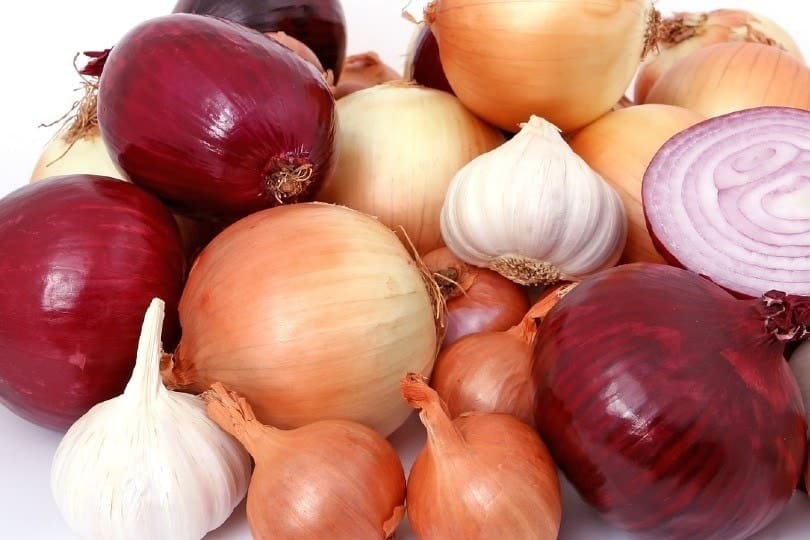
Alliums are plants that belong to the Allium family, which also includes vegetables like garlic, onions, leeks, scallions, and similar ones. Any vegetable in the allium family has the potential to be fatal for your cat because alliums cause anemia in cats by damaging their red blood cells. Anemia symptoms in cats can include weakness, an elevated heart rate, vomiting, diarrhea, and collapse. And unlike dogs and other animals, cats are more sensitive to alliums; in fact, it has been noted that symptoms of anemia can appear after a cat has eaten less than a teaspoon of cooked onions.
Although bones (especially cooked ones) can splinter or crack and cause gastrointestinal obstruction, choking, torn teeth, and mouth tears in your pet, you might mistakenly believe that giving them is safe. Then, one should be concerned about any potential bacteria that could lead to illness. Despite appearances, keep bones well out of your cat’s reach.
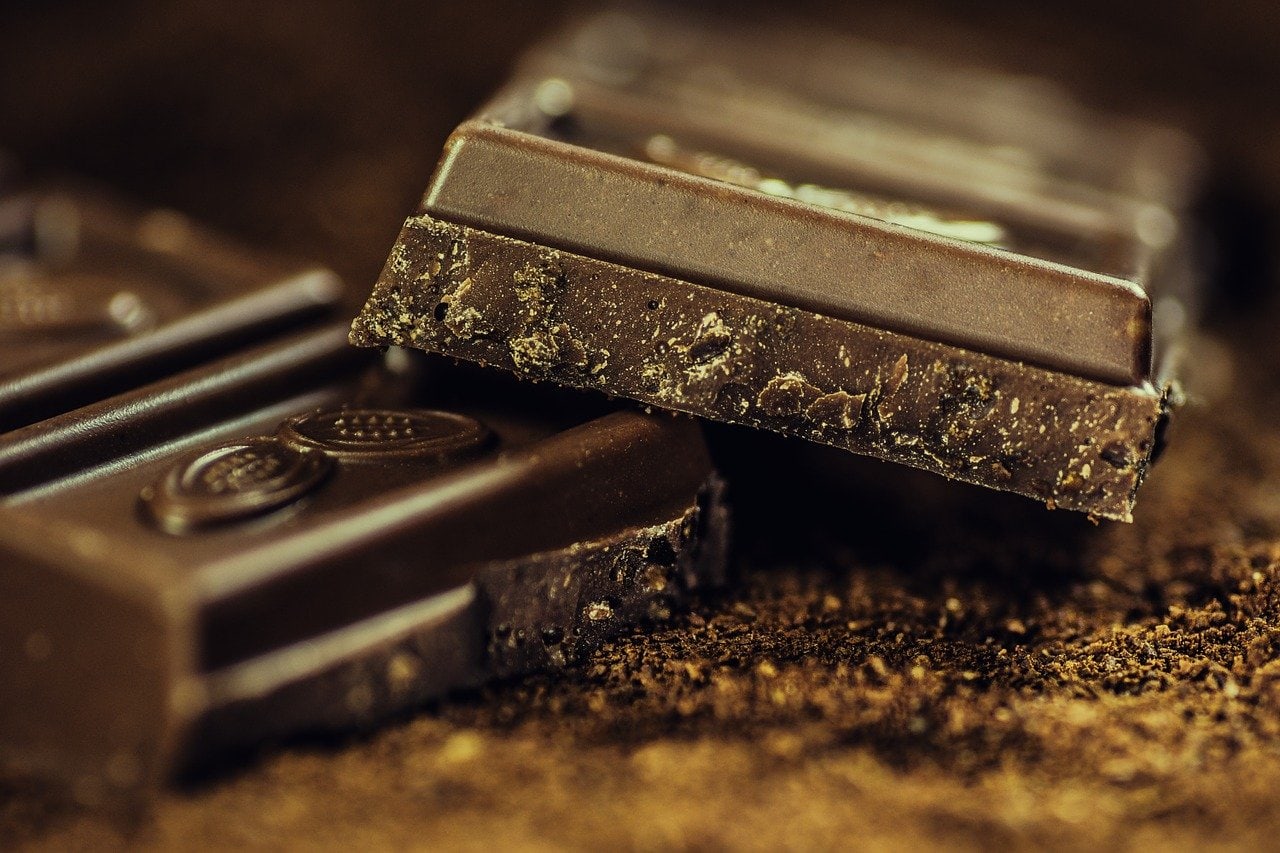
If you’ve owned a pet for any length of time, you probably already know that chocolate is not a good idea for our animal companions. Chocolate contains theobromine in addition to caffeine, which makes it extremely toxic to cats—the darker the chocolate, the more toxic it is! If your pet eats chocolate, it may cause seizures, abnormal heart rate, diarrhea, vomiting, trembling in the muscles, and even death.
Additionally, remember that nothing else contains caffeine should be given to your pet, including coffee!

Eating raisins and grapes can cause renal failure in pets. A small quantity of either of these (or similar dehydrated fruits like craisins) can cause persistent vomiting, upset stomach, and hyperactivity. Although some cats may not exhibit any of these signs after consuming grapes or raisins, you shouldn’t take a chance by giving your pet these foods nonetheless. Keep these far out of reach!.
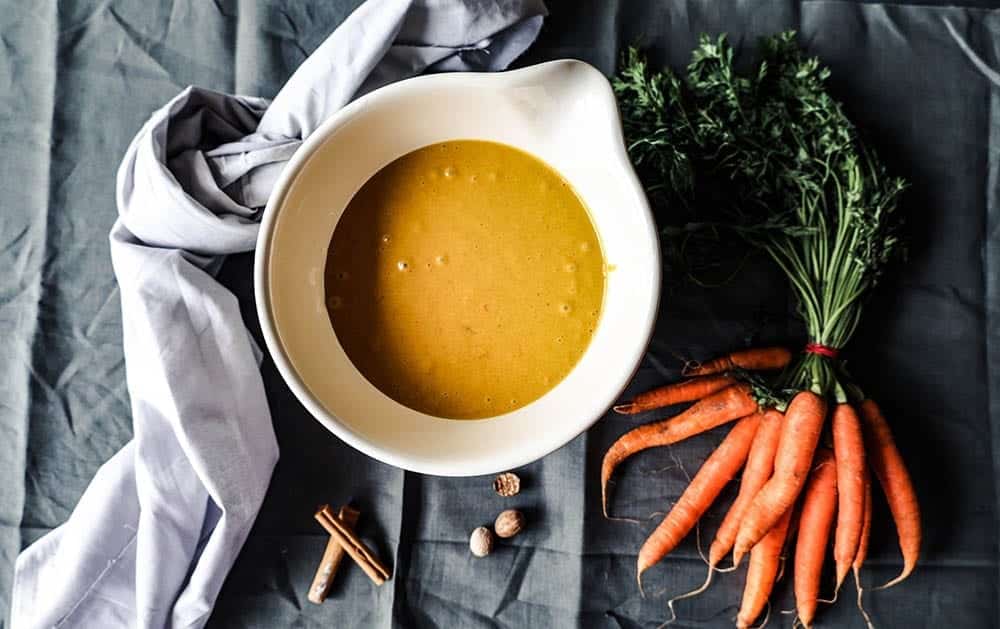
Given that many cat foods include gravy, gravy might seem like another item that should be on the “Do” side of the list. However, it’s best to avoid giving your cat this particular treat. Although gravy isn’t harmful, cats shouldn’t consume a lot of fat or salt in their diets. Additionally, the amount of fat and salt in gravy may exacerbate existing cardiac problems in cats. You shouldn’t be concerned if your pet licks some gravy, but don’t add any to their food.
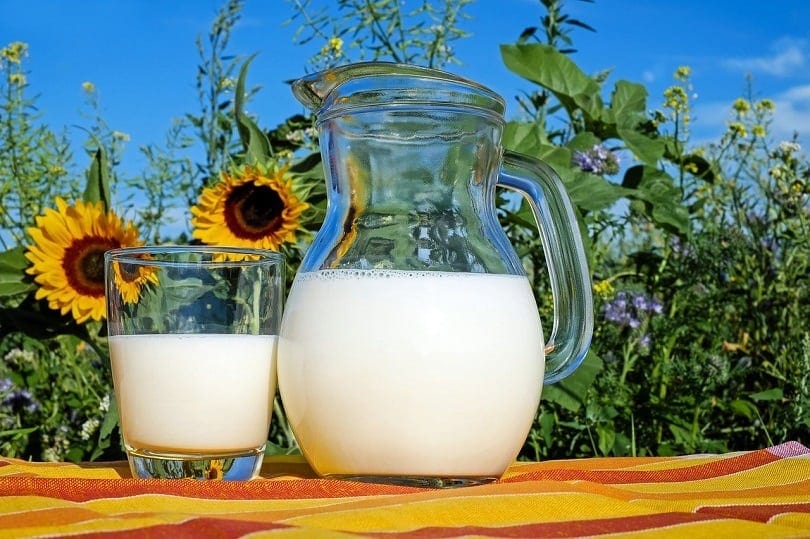
Although many people don’t think twice about it, giving a kitten a bowl of milk is not a good idea. It turns out that a lot of cats are lactose intolerant, so if you feed your cat anything that contains milk or other dairy products, there’s a chance they’ll get diarrhea, gas, or upset stomach. Thus, avoid dairy and give your cat something from the “Do” list in its place.
The Do’s
The food items listed here are safe for your cat to nibble on, though they may not always be healthy for them. It should be alright, though, as long as you’re restricting what your pet eats off of your plate. Additionally, keep in mind that not all cats will enjoy or even be interested in all of the following foods, just like people!
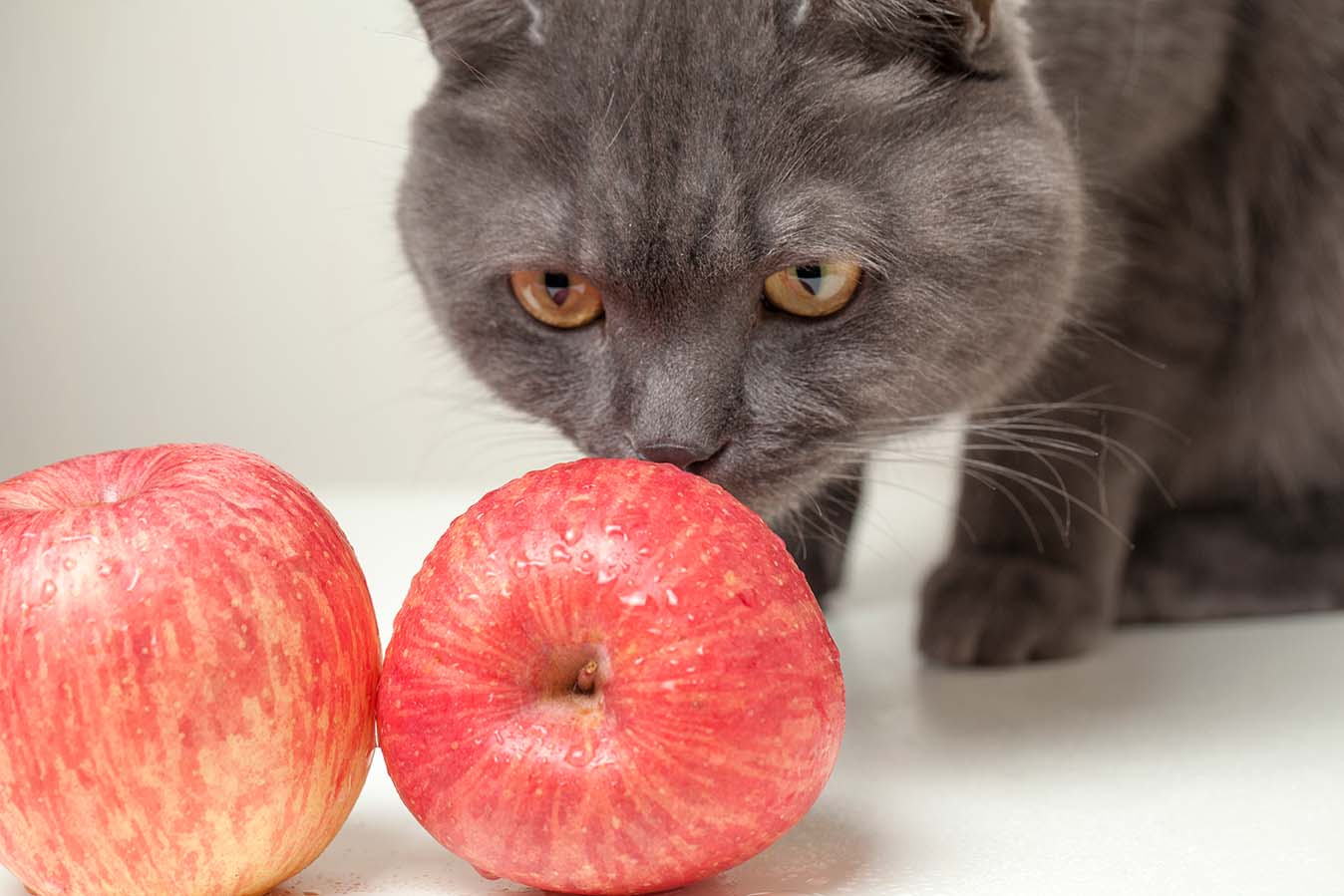
In addition to being completely safe for your feline companions, apples also have some health benefits. They are a great source of calcium, fiber, and vitamins C and K. But cats shouldn’t eat the apple’s seeds, leaves, or stems because they contain cyanide, which makes them toxic. Therefore, before giving the apple to your pet, make sure to remove these parts. For easier eating, you should also chop the apple into small cubes.

You can safely give your cat a small amount of the banana if you serve fruit salad with bananas for Thanksgiving. While they aren’t ideal for your pet to consume in large quantities, they aren’t harmful either, and they do include some essential nutrients and minerals.

Although bread is safe for your cat to eat, it’s not very nutritious. Since cats are obligate carnivores, they don’t really need carbohydrates, so bread just provides empty calories, which, if consumed in excess, can result in weight gain. If you give your cat bread, make sure it’s just wheat or plain white bread without any nuts, raisins, or seeds.
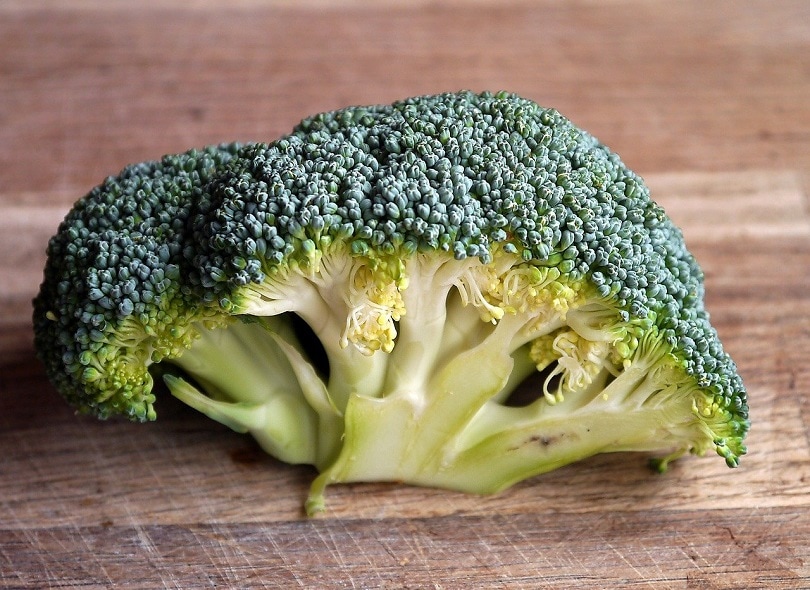
Although it’s unlikely that your beloved cat will enjoy broccoli, you can feed it to them as long as it’s boiled or steamed without seasoning. It can help keep your pet’s digestive system functioning normally and give them antioxidants. Just remember that you should exercise caution whenever you give your pet new foods.
![]()
Although cranberry sauce isn’t poisonous to cats, the high sugar content makes it highly unhealthy for them. Therefore, if you wish to give it to your pet, give it a very tiny taste.
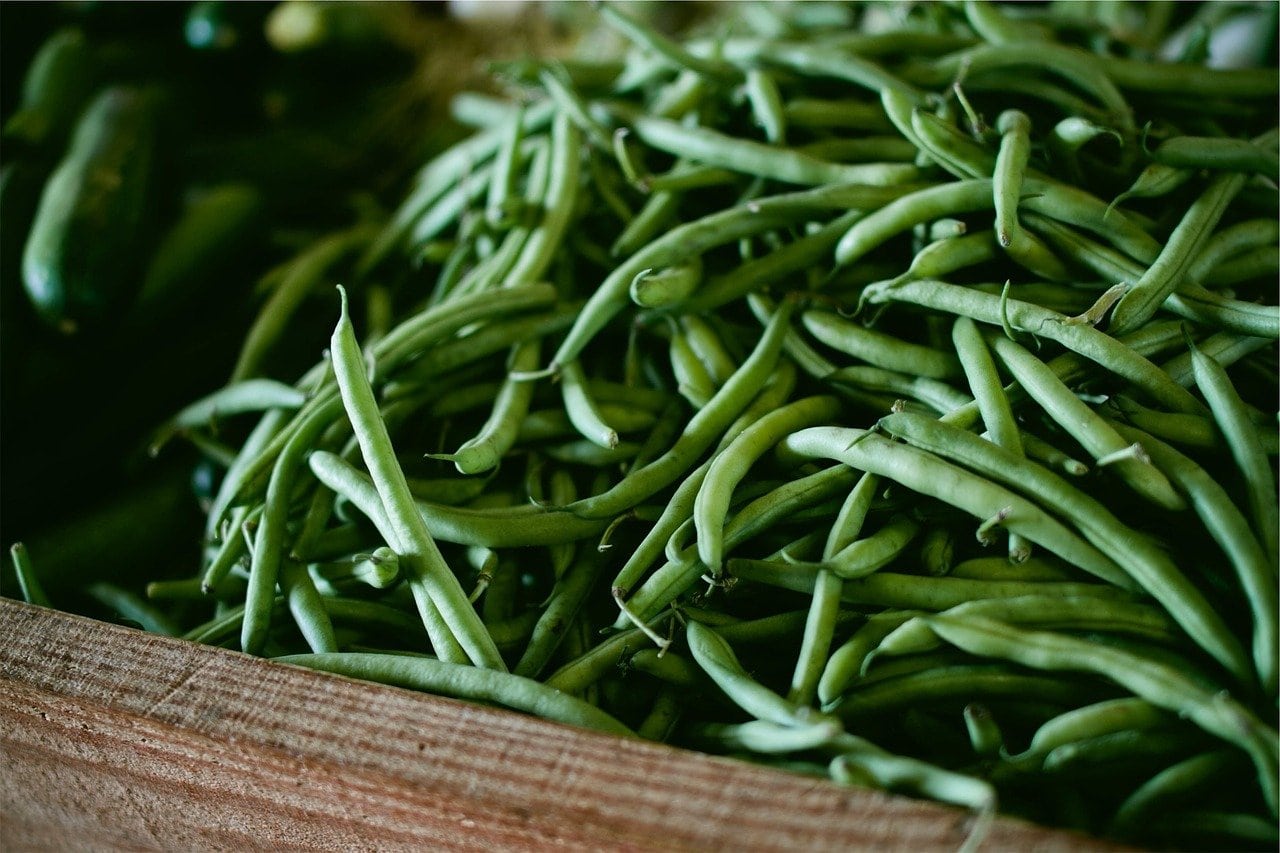
Green beans are a fantastic vegetable to feed your cat, as long as they’re raw and haven’t been cooked with butter, seasonings, herbs, or alliums like garlic and onion. Simple green beans will not only provide your pet with a great source of fiber, but they won’t be toxic either. For a healthier snack, you can even substitute green beans for customary cat treats!
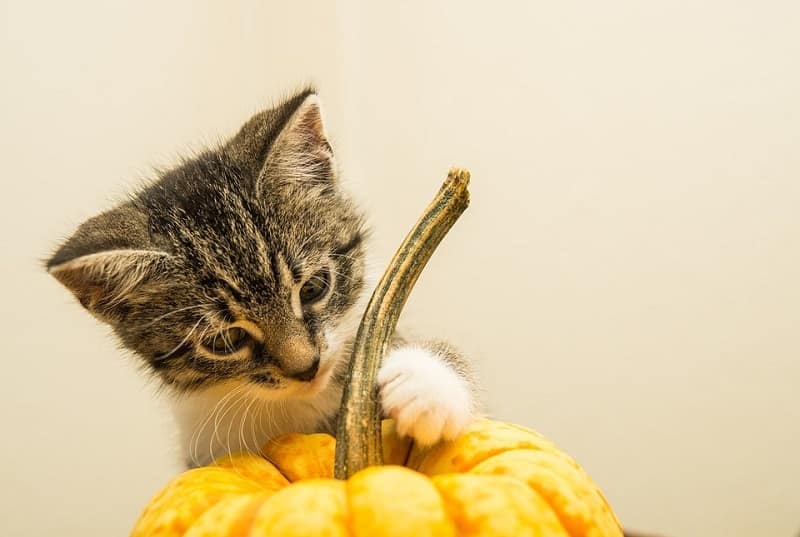
Simple, cooked pumpkin is tasty, safe, and beneficial to the cat’s digestive system. In fact, it might even help your pet’s upset stomach. However, just because a pumpkin is safe doesn’t mean that your cat should eat it! Pumpkin pie is a completely different animal and may contain dairy and/or sugar, both of which are bad for pets. If your cat does receive some pumpkin, we recommend that it be tried as a mash or puree.
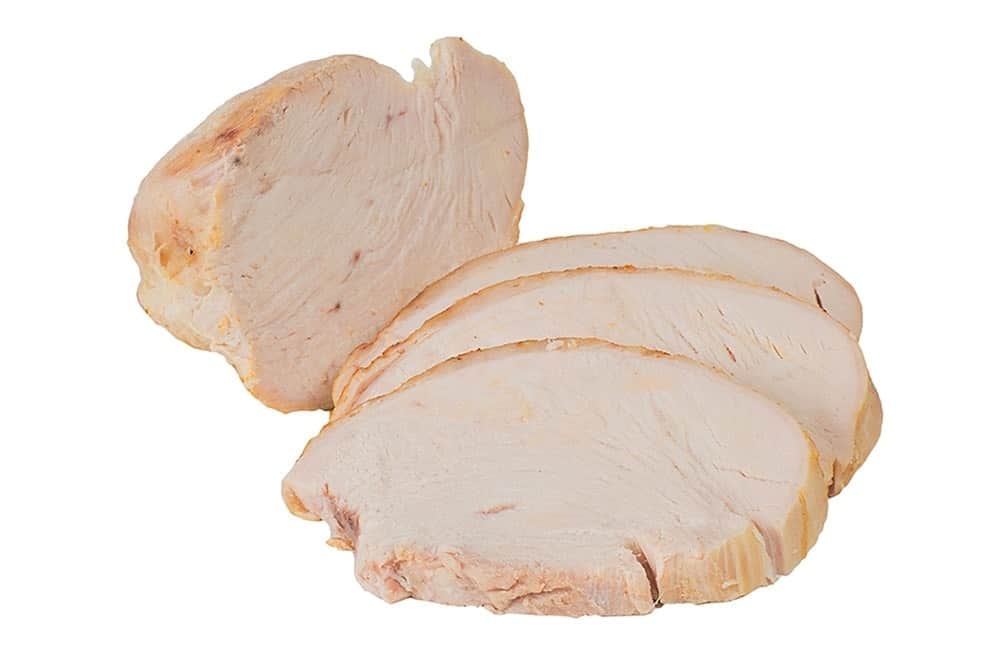
Because cats are obligate carnivores, they will adore receiving some Thanksgiving turkey! As long as you make sure it’s a plain turkey without any skin, fat, bones, gravy, or seasonings, it will be safe for them to consume. Give your pet a tiny bit of meat without any extras so they can taste it; just make sure the cat doesn’t go crazy! Remember, moderation is key!.
Can Cats Eat Turkey? (2019)
FAQ
Can I give my cats Thanksgiving turkey?
Can I give my cat turkey lunch meat?
Is canned turkey good for cats?
What kind of turkey can cats eat?
